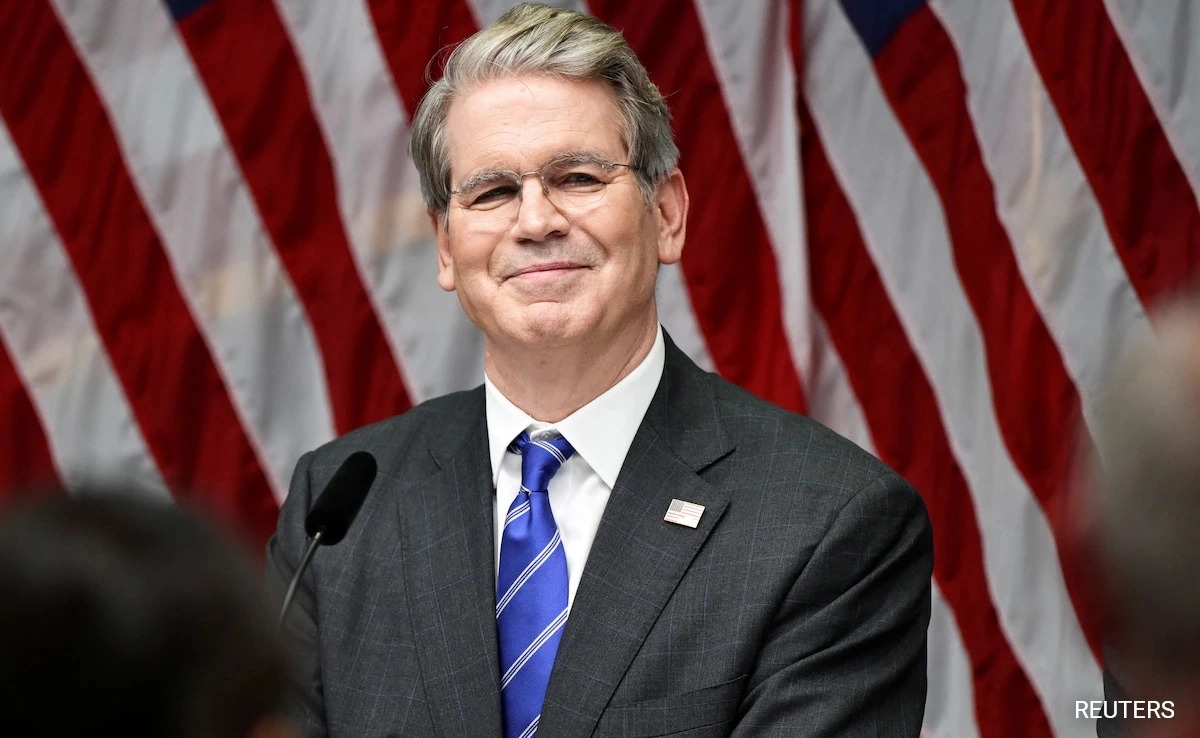In the current political landscape, a significant portion of the American populace points fingers at both major political parties, the Republicans and Democrats, for the ongoing government shutdown. According to recent polls, a sizable majority of citizens believe that both parties share responsibility for the stalemate that has led to the suspension of government operations. This sentiment reflects a broader frustration with the political gridlock that has become increasingly characteristic of American governance.
The shutdown, which has far-reaching implications for federal employees, public services, and the economy, has been a recurring theme in recent years. As negotiations between the two parties have stalled, many Americans are left feeling disillusioned with their elected representatives. Instead of working collaboratively to address pressing issues, both parties have often resorted to partisan posturing, which has exacerbated the crisis. This perception of ineffectiveness and failure to compromise has fostered a growing belief that neither party is adequately serving the interests of the nation.
Moreover, the blame game extends beyond just the elected officials; many citizens feel that the current political environment is a reflection of a deeper systemic issue. The increasing polarization within Congress and among the electorate has created an atmosphere where cooperation is rare, and ideological divisions are pronounced. This situation not only hampers effective governance but also alienates constituents who desire pragmatic solutions over political squabbling. Consequently, Americans are urging their leaders to prioritize the nation’s well-being over party loyalty.
As the shutdown continues, the pressure mounts on both Republicans and Democrats to find common ground and restore normalcy. Public sentiment suggests a desire for accountability and a push for reforms that could prevent such crises in the future. Many voters are calling for a more collaborative approach to governance, where compromise is seen as a strength rather than a weakness. The current impasse serves as a stark reminder that the responsibility for the functioning of government lies not only with elected officials but also with the electorate that empowers them.




